Website Guide HERE

X
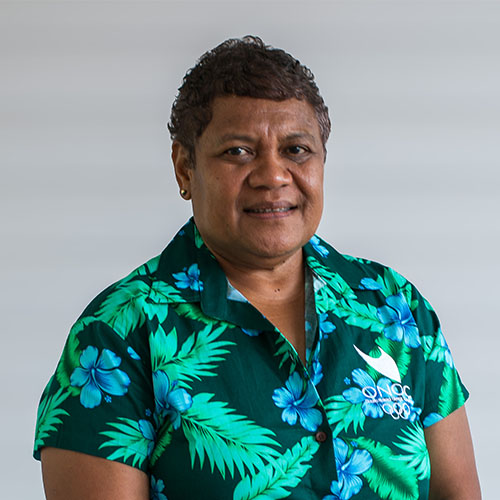
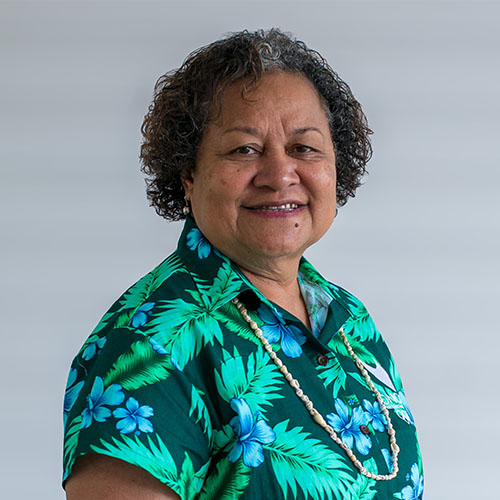
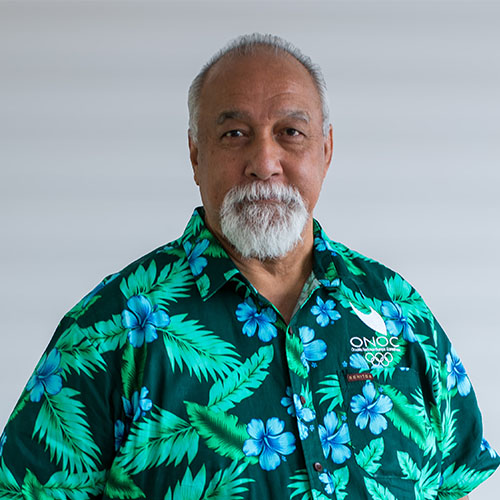
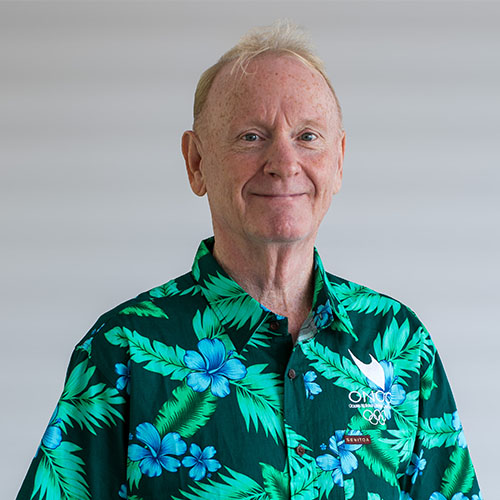
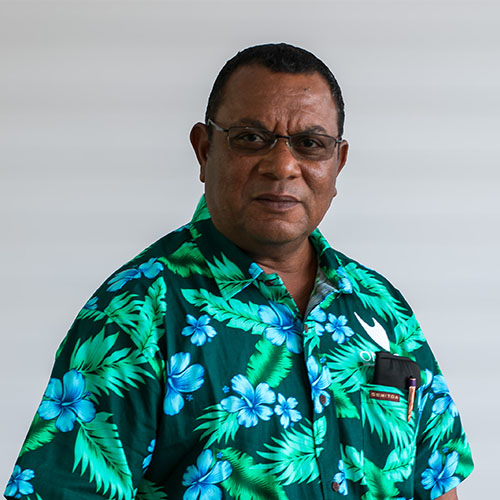
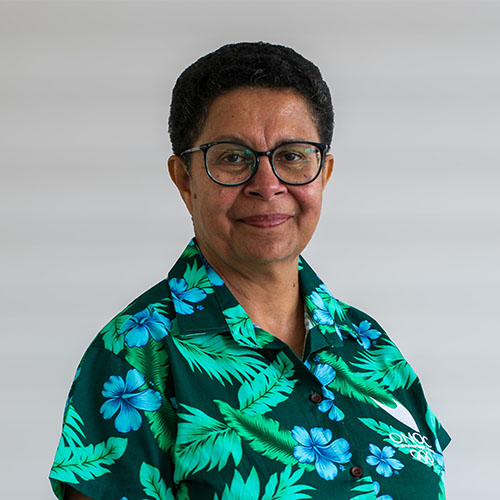
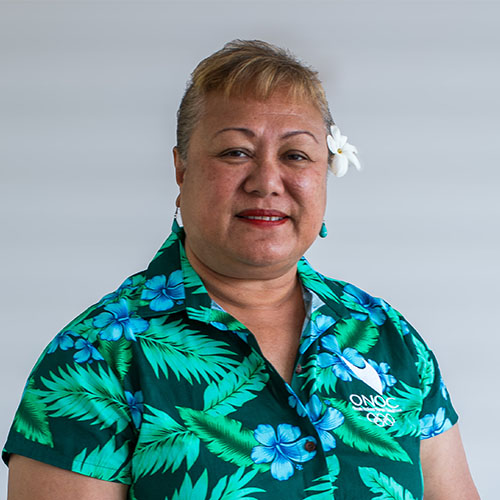
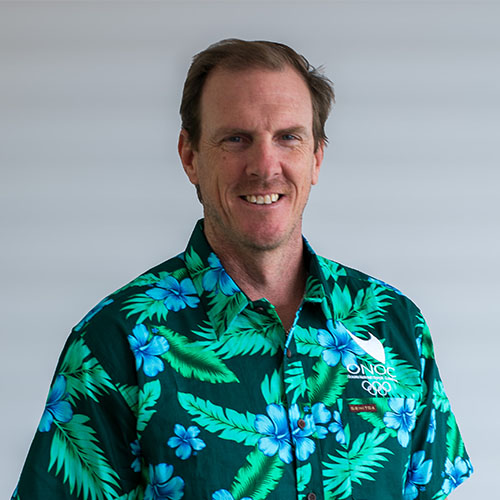
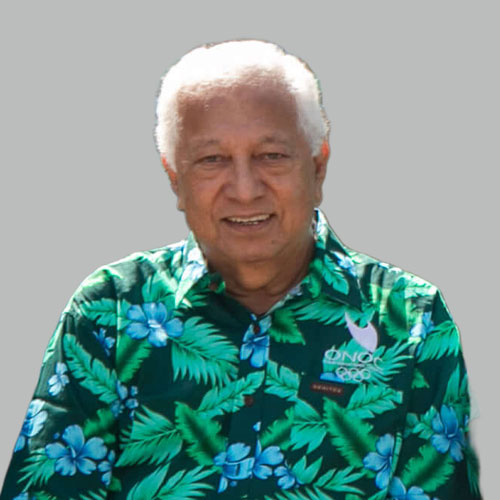
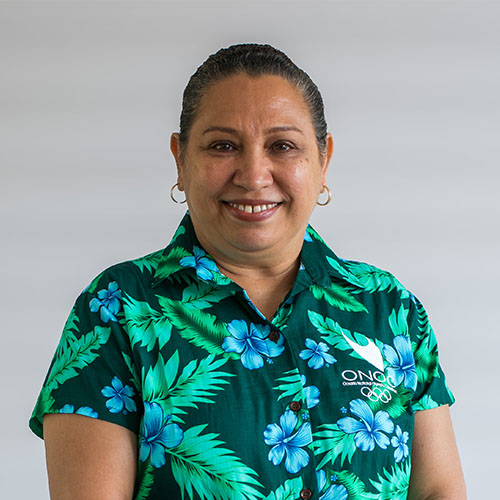
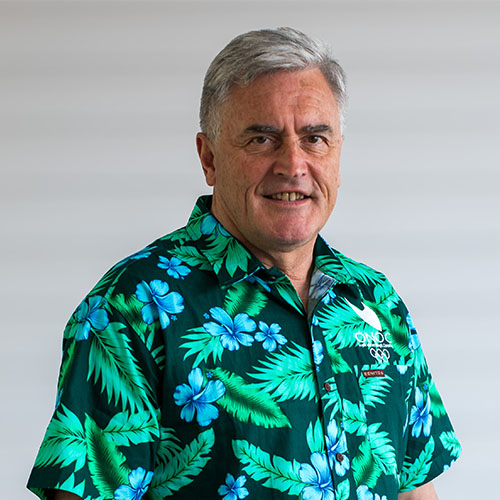


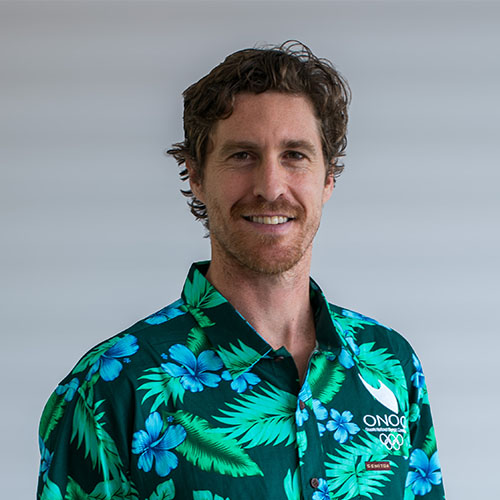
ONOC Executive Board Elections 2025
The elections at the 2025 ONOC Annual General Assembly (AGA), held on 17 May in Guam, underscore ONOC’s commitment to fostering the Olympic Movement and supporting its member National Olympic Committees (NOCs) across the Oceania region.
Elected Leadership:
President: Baklai Temengil-Chilton (Palau)
Vice President: Emma Waiwai (Papua New Guinea)
Secretary General: Ricardo Blas (Guam)
Elected Members at Large: James Tobin (Federated States of Micronesia), Marcus Stephen (Nauru), Cathy Wong (Fiji), and Maureen Tuimaleali’ifano (Samoa).
They join Ken Wallace (ONOC Athletes’ Commission Representative, Australia), the current IOC Members serving on the ONOC Executive Board – Auvita Rapilla (PNG), Ian Chesterman (Australia), and Sarah Walker (New Zealand) – as well as IOC Athletes’ Commission Members Jessica Fox (Australia) and Marcus Daniell (New Zealand).
Dr Robin Mitchell also continues as a member of the ONOC Executive Board by virtue of his position as an IOC Member.
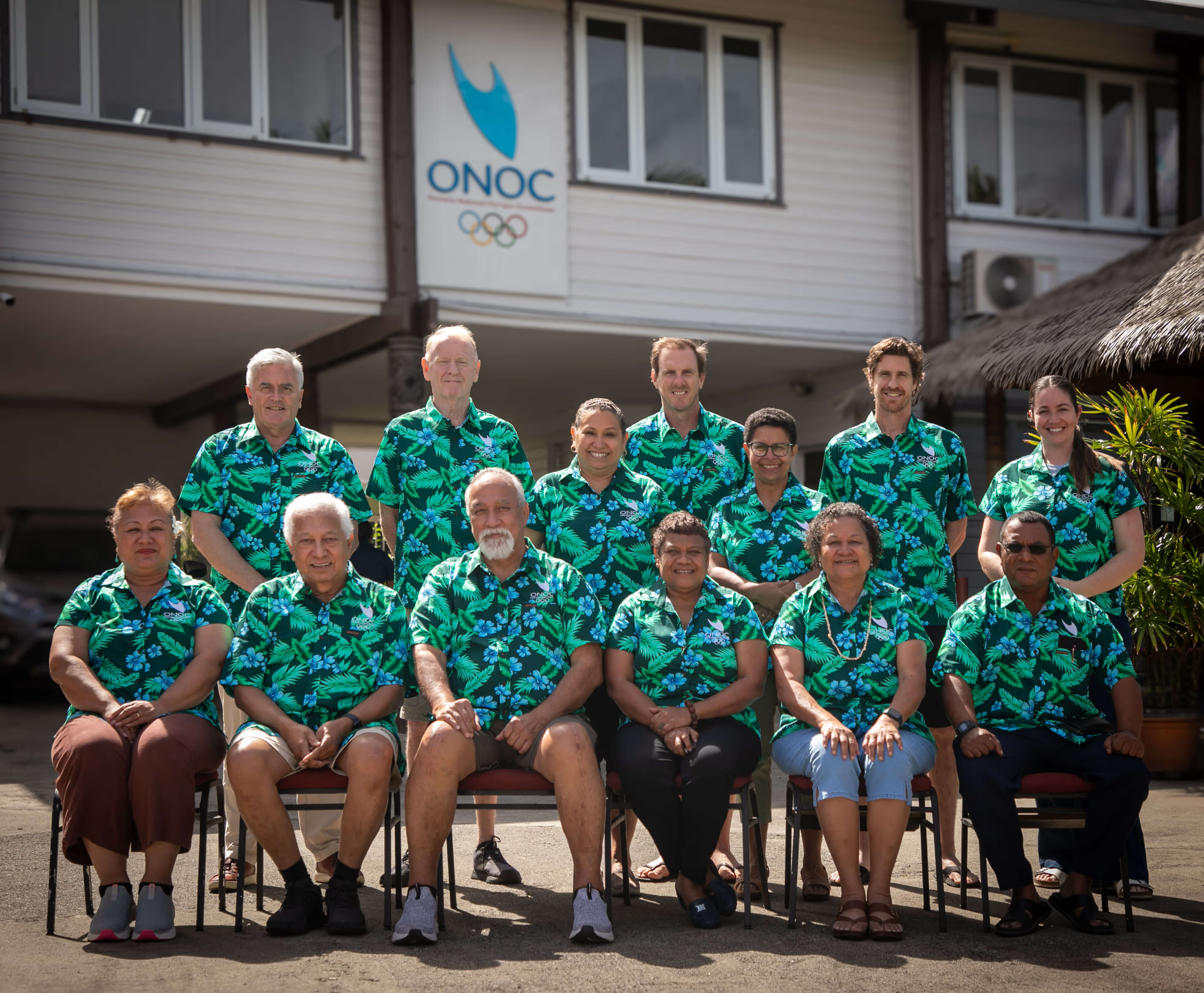
Governance Role
The ONOC Executive Board is the highest governance body for Oceania’s collective NOCs and operates under the ONOC Articles of Association. These Articles are aligned with the International Olympic Committee’s (IOC) good governance and ethics principles, ensuring accountability and transparency across ONOC’s work.
Strategic Direction 2025–2028
Under the ONOC Strategic Plan 2025–2028, the Executive Board, through its Secretariat, is both strengthening support to NOCs and engaging in its own change process. This includes adopting stronger good governance and ethics mechanisms, alongside improved compliance monitoring and continuous organisational improvement.
Two key activities are central to this change:
1. Promotion and facilitation of compliance by the Board, Secretariat, and NOCs with the IOC’s Seven Principles of Good Governance.
2. Application of UMAP as a benchmark and development tool toward achieving and maintaining good governance standards.
Governance Context
The IOC first proposed the Basic Universal Principles of Good Governance of the Olympic and Sports Movement in 2008, adopted by Congress in 2009 as Recommendation 41. It states:
“All members of the Olympic Movement should adopt, as their minimum standard, the Basic Universal Principles of Good Governance of the Olympic Movement, as proposed by the IOC.” The Principles are each defined by a set of themes with recommendations of elements to be considered, providing NOCs and continental bodies critical guidance in a comprehensible, simple, step-by-step process tool toward achieving good governance at their levels.
The Seven Principles cover (1) Vision, mission and strategy; (2) Structures, regulations and democratic process; (3) Highest level of competence, integrity and ethical standards; (4) Accountability, transparency and control; (5) Solidarity and development; (6) Athletes’ involvement, participation and care; and (7) Harmonious relations with governments while preserving autonomy.
The ONOC Executive Board continues to demonstrate its commitment to good governance and ethics via its strong push for such initiatives through its Strategic Plan.